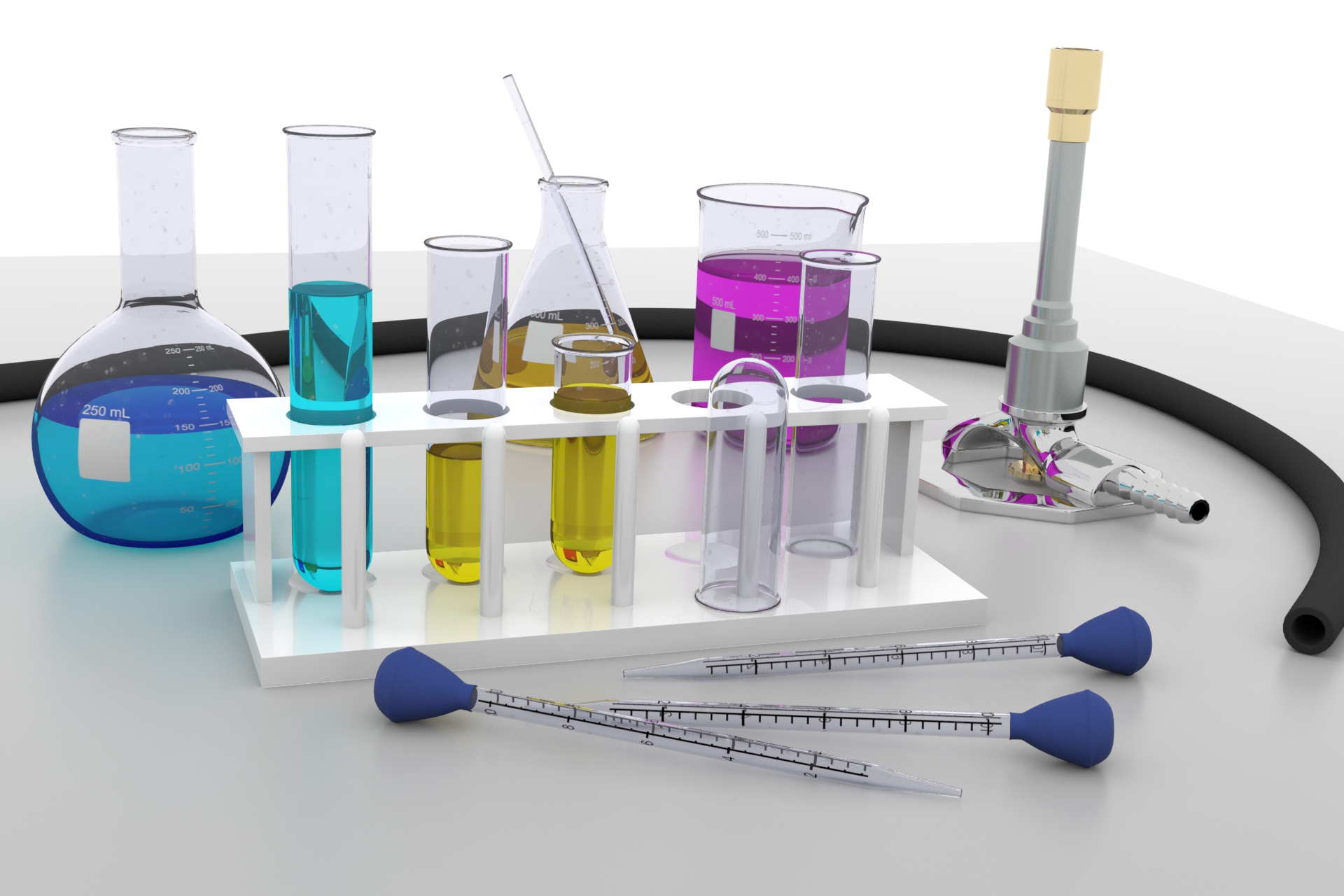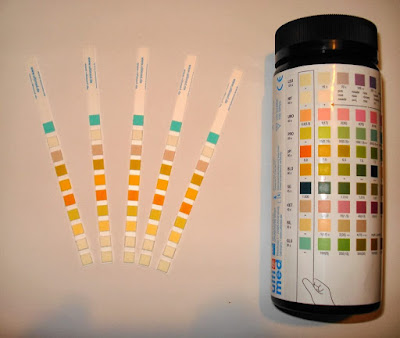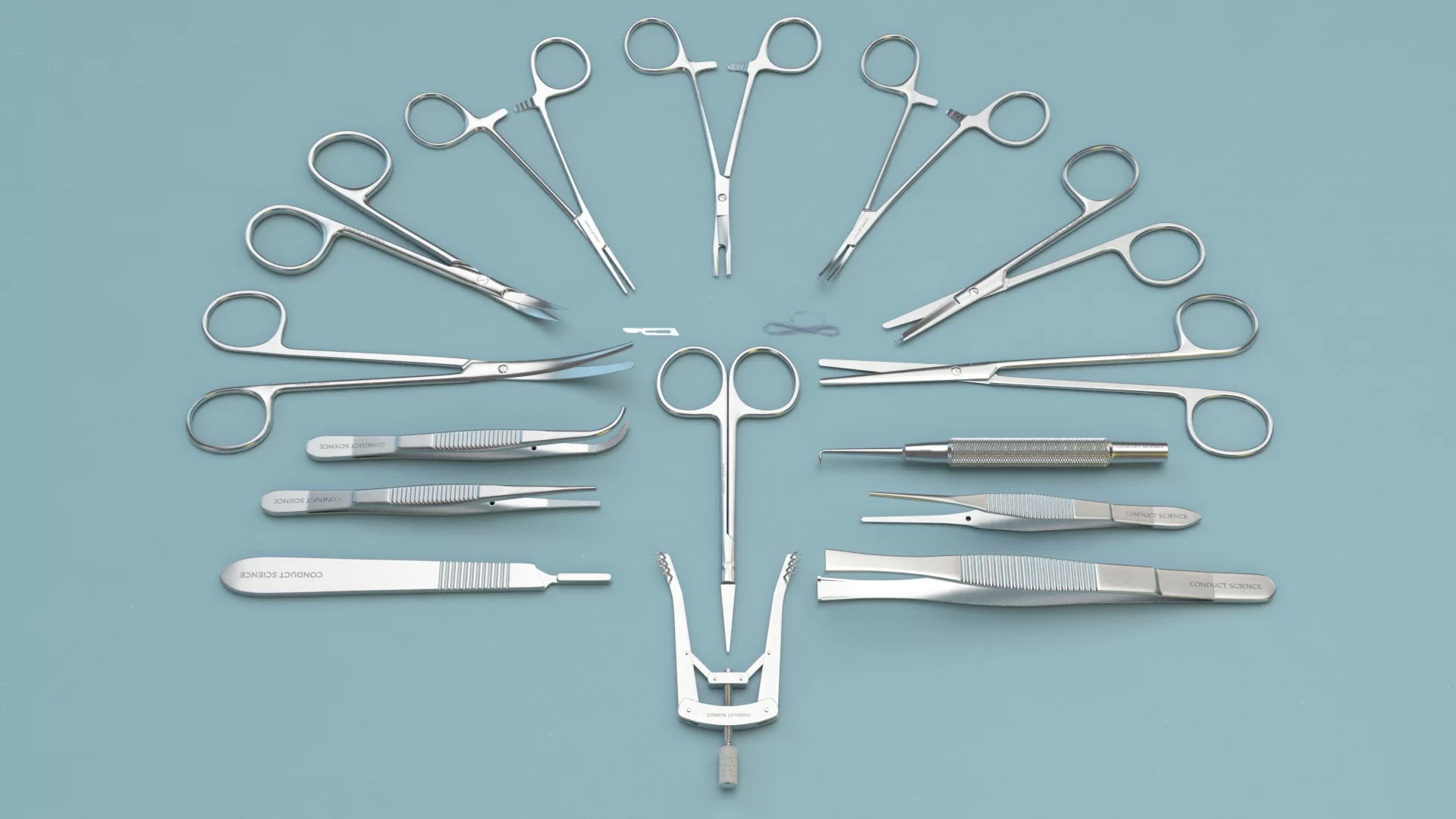The Essential Guide to Evaluating Chemical Equipment Labs: 10 Guidelines Every Lab Manager Should Know
Are you a lab manager looking for guidance on how to evaluate the chemical equipment in your facility? Look no further! We've compiled 10 essential guidelines that every lab manager should know when it comes to evaluating their chemical equipment labs. From ensuring safety and compliance to maximizing efficiency and productivity, this guide has got you covered. So buckle up and get ready to take your lab evaluation skills to the next level with our Essential Guide!
Introduction to Evaluating Chemical Equipment Labs
When it comes to chemical equipment, it's important to know how to properly evaluate different labs to make an informed decision about which one is right for your needs. There are a few key factors you'll want to keep in mind when doing this, which we'll discuss in more detail below.
First and foremost, you'll want to consider the cost of the equipment. This includes both the initial purchase price as well as any ongoing maintenance or replacement costs. Make sure to get quotes from multiple suppliers so you can compare prices and find the best deal.
Secondly, take a look at the quality of the equipment. This includes things like accuracy, precision, and repeatability. You'll want to make sure that any lab you're considering can meet your standards in these areas.
Finally, consider the customer service and support that each lab offers. This can be crucial if you ever have any issues with your equipment. Make sure that you're dealing with a company that has a good reputation for taking care of its customers.
By keeping these factors in mind, you should be able to narrow down your choices and find the best chemical equipment lab for your needs.
10 Guidelines for Evaluating Chemical Equipment Labs
There are a few key guidelines that every lab manager should keep in mind when evaluating chemical equipment labs. First and foremost, safety is always the number one priority. Make sure that all of the necessary safety precautions are in place and that all of the equipment is properly labeled.
Another important consideration is the quality of the equipment. Chemical equipment can be very expensive, so it's important to make sure that you're getting your money's worth. Check for reviews online or ask other lab managers for their opinions.
Finally, consider the customer service and support offered by the lab. If you have any questions or problems, you should be able to get prompt, professional assistance from the lab staff.
Safety
The first step in any evaluation of lab equipment safety is to ensure the safety of all personnel. This means thoroughly assessing the risks involved in working with the chemicals being used, as well as taking into account the potential for accidents and emergencies.
There are several ways to do this, but one of the most important is to have clear and concise safety protocols in place. These should be designed to minimize the risks involved in working with the chemicals and should be regularly reviewed and updated as necessary.
It is also important to have adequate ventilation and containment measures in place, to minimize the chance of exposure to dangerous chemicals. All staff should be properly trained in how to use these measures and should be familiar with the emergency procedures in case of an accident.
Finally, it is essential to have insurance in place that covers both the laboratory and its staff in case of an accident. This will help to protect both the business and its employees from potentially huge financial losses.
Quality Control
One of the most important aspects of running a successful chemical laboratory is quality control. Without proper quality control, your lab could be putting out inaccurate results that could jeopardize the safety of your employees and the validity of your research.
There are a few key things to keep in mind when it comes to quality control in your lab:
1. Make sure you have well-trained staff who are familiar with the proper procedures for conducting experiments and handling chemicals.
2. Establish strict protocols for how experiments are conducted and make sure all staff members adhere to them.
3. Keep meticulous records of all experiments, including detailed notes on any deviations from the protocol.
4. Perform regular calibration and maintenance on all equipment to ensure accuracy.
5. Implement a system for auditing results regularly to identify any potential errors.
By following these guidelines, you can be confident that your lab is maintaining high standards of quality control and producing accurate results.
Productivity
In the 21st century, productivity is key to success in the chemical industry. The ability to produce large quantities of high-quality products in a short period is essential to keeping up with demand and ensuring profitability.
When it comes to chemistry equipment, labs must be able to rely on their machines to operate at maximum efficiency. Any downtime or lost production can have a significant impact on the bottom line.
That's why it's so important for lab managers to know how to evaluate their equipment and ensure that it is up to par. By following these guidelines, you can be sure that your lab is running at peak productivity levels.
1. Evaluate your current equipment: Take stock of the machines you currently have in your lab and assess their condition. Are they regularly maintained? Are they older models that may need to be replaced? How often do they break down? Answering these questions will give you a good idea of whether or not your equipment is up to par.
2. Research new equipment: Once you've identified any areas where your current machines are lacking, it's time to start looking into new models. Talk to other lab managers, read online reviews, and compare features and prices before making any decisions.
3. Invest in quality: When it comes down to it, investing in high-quality equipment is always worth the upfront cost. Not only will it save you money in the long run by reducing downtime and repairs
Cost Efficiency
1. Cost Efficiency - One of the most important factors to consider when evaluating chemical equipment labs is cost efficiency. There are several ways to measure cost efficiency, but one of the most important is to look at the cost per unit of output. This can be done by looking at the total operating costs divided by the number of units produced. Another way to measure cost efficiency is to look at the ratio of fixed costs to variable costs. This can be a useful metric for comparing different types of lab equipment.
- Up-to-date Facilities and Equipment
Chemical equipment labs must have up-to-date facilities and equipment. This includes both the physical infrastructure and the tools and equipment used in the lab. Here are some key factors to consider when evaluating a lab’s facilities and equipment:
Are the facilities well-maintained and clean?
Is the lab properly ventilated?
Do the lab’s workstations have adequate lighting and space?
Is the lab equipped with the latest technology and equipment?
Are the lab’s safety systems up-to-date and effective?
By considering these factors, you can get a good sense of how well a chemical equipment lab is maintained and whether it has the resources necessary to conduct high-quality research.
Proper Documentation and Record Keeping
Chemical equipment labs need to keep proper documentation and records. This includes documenting all procedures, process changes, results, and any issues that arise. Good documentation ensures that the lab can be properly evaluated and monitored. It also helps to identify areas where improvements can be made.
Benefits of Following the Guidelines in the Evaluation of Chemical Equipment Labs
There are many benefits to following the guidelines in the evaluation of chemical equipment labs. Perhaps most importantly, these guidelines can help to ensure the safety of both lab personnel and the general public. In addition, they can help to improve the efficiency and accuracy of lab operations and to minimize environmental impact.
Safety is always the primary concern in any chemical lab, and following best practices in evaluation can help to reduce risks. By thoroughly evaluating all potential hazards and taking steps to mitigate them, labs can create a safer environment for everyone involved. In addition, well-run labs are typically more efficient and accurate in their operations, meaning that less time and resources are wasted on mistakes or errors.
Finally, good lab management practices can help to reduce the environmental impact of chemicals and other hazardous materials. By carefully controlling waste disposal and properly storing dangerous materials, labs can help to protect both local ecosystems and the global climate.
Challenges to Consider During Evaluation of Chemical Equipment Labs
When it comes to chemical equipment, there are a few challenges that you should keep in mind during your evaluation process. These include:
Ensuring proper ventilation and exhaust for all lab equipment.
Checking for appropriate PPE (personal protective equipment) for all staff and students.
Reviewing safety protocols for handling and using chemicals.
Evaluating the condition of all lab equipment, including hoses, pipes, and vessels.
Testing any electrical equipment to ensure it is properly grounded and insulated.
Conclusion
Evaluating a chemical equipment lab is an important yet often daunting task for any lab manager. However, understanding and following the ten guidelines outlined in this guide will help you to make informed decisions about the safety, reliability, and effectiveness of your laboratory environment. By considering these steps, you can ensure that your laboratory meets all necessary standards while providing a safe and productive working environment for researchers.




Comments
Post a Comment